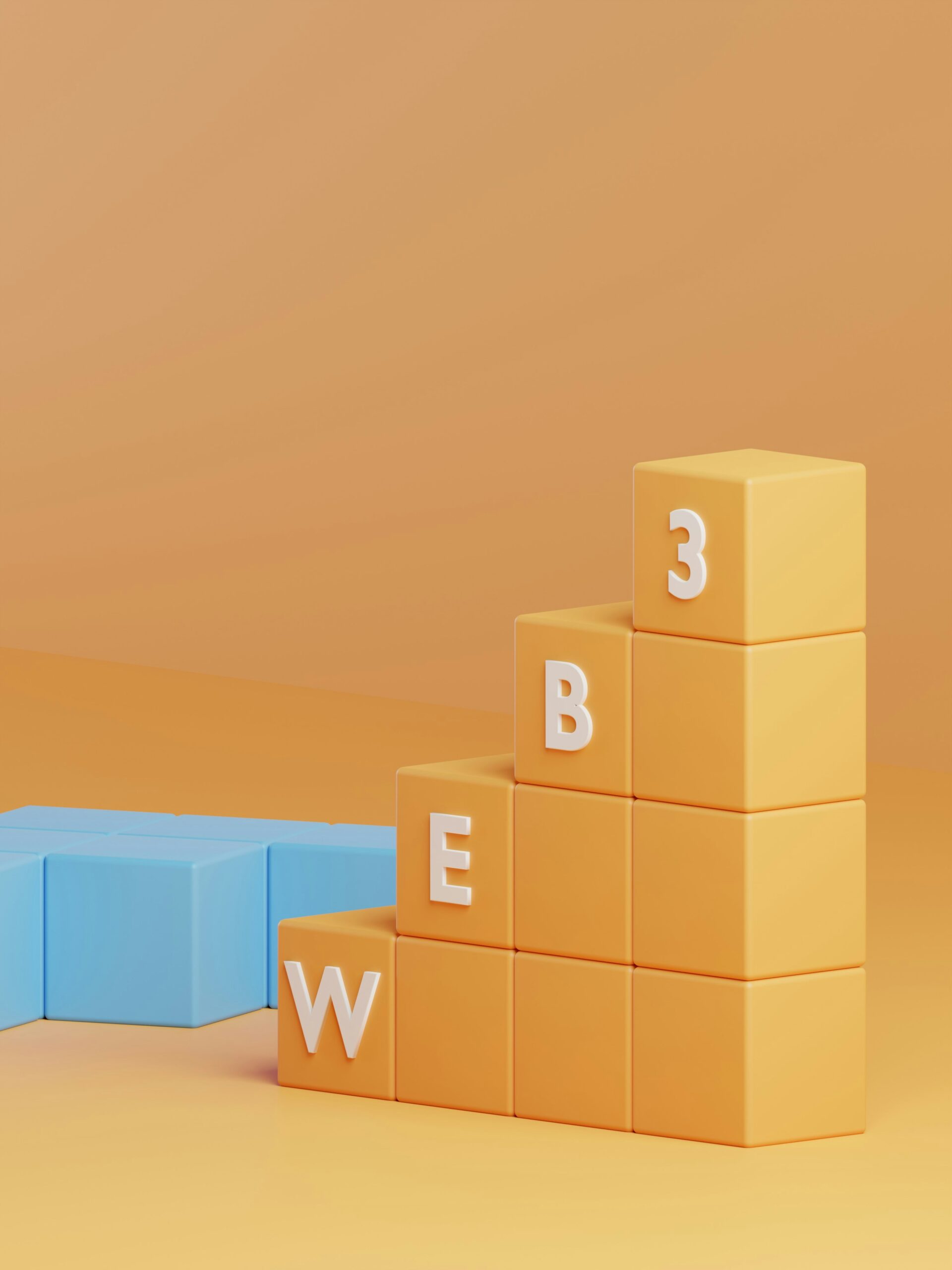Introduction
Overcoming regulatory hurdles in RWA tokenization has been a significant challenge in many jurisdictions. The primary obstacle has been regulatory uncertainty, as legal frameworks struggle to keep pace with technological advancements. Blockchain technology, although promising, has often faced skepticism and regulatory ambiguity.
In Egypt, in particular, there has been caution in embracing blockchain innovation, with uncertainty impeding widespread adoption. However, a significant shift occurred with the Financial Regulatory Authority’s (FRA) groundbreaking decision 140. This decision authorized the usage of smart contracts in non-banking financial products, providing much-needed regulatory clarity in the Egyptian context and paving the way for blockchain innovation to flourish.
With this regulatory milestone, Mercatura Forum seized the opportunity to pioneer a multi-faceted approach to RWA tokenization.
The Challenges of RWA Tokenization
- Complex Valuation Models: Real world assets encompass a diverse range of asset classes, each with its own unique valuation methods and challenges. Standardizing valuation models for tokenization can be complex and cumbersome.
- Liquidity Constraints: While tokenization promises improved liquidity for assets, fragmented markets and limited participant engagement can impede liquidity, reducing the efficacy of tokenization platforms.
- Market Fragmentation: The RWA market is highly fragmented, with disparate processes and standards across sectors and geographies. This fragmentation leads to inefficiencies and high transaction costs, hindering the seamless integration of blockchain technology.
Mercatura’s Multi-Faceted Solutions
1. Enhanced Liquidity through Multi-Role Tokens: Mercatura enhances liquidity and secondary markets by creating tokens with multiple roles: RWA, Governance, and Utility for dApps and developers. By catering to various demands from users and applications, Mercatura stimulates demand in secondary markets, thereby enhancing liquidity.
2. High-Yield Insurance Token: Mercatura introduces a high-yield insurance token within its asset baskets. This insurance token acts as a cushion, ensuring stability and providing protection against market fluctuations and currency devaluations in emerging markets, thereby enhancing investor confidence and liquidity.
3. Diversified Asset Baskets: Mercatura’s RWA products are ranked across a risk matrix ranging from real estate developments, equipment leasing, trade finance factoring, shipping cost finance, corporate bonds and deposits with high interest.
Conclusion
As the financial industry continues to evolve, the tokenization of real world assets presents a transformative opportunity. By addressing the challenges of complex valuation models, liquidity constraints, and market fragmentation, Mercatura Forum is pioneering a multi-faceted approach to RWA tokenization.


